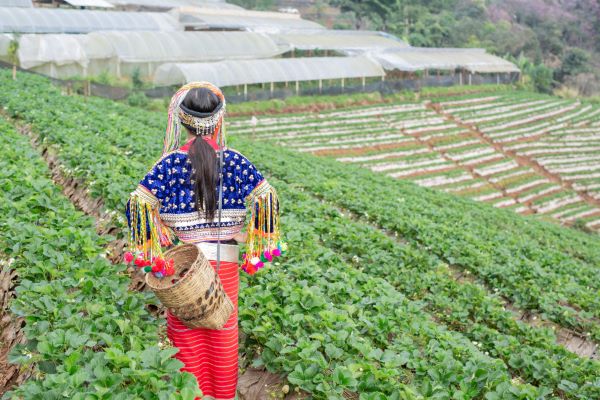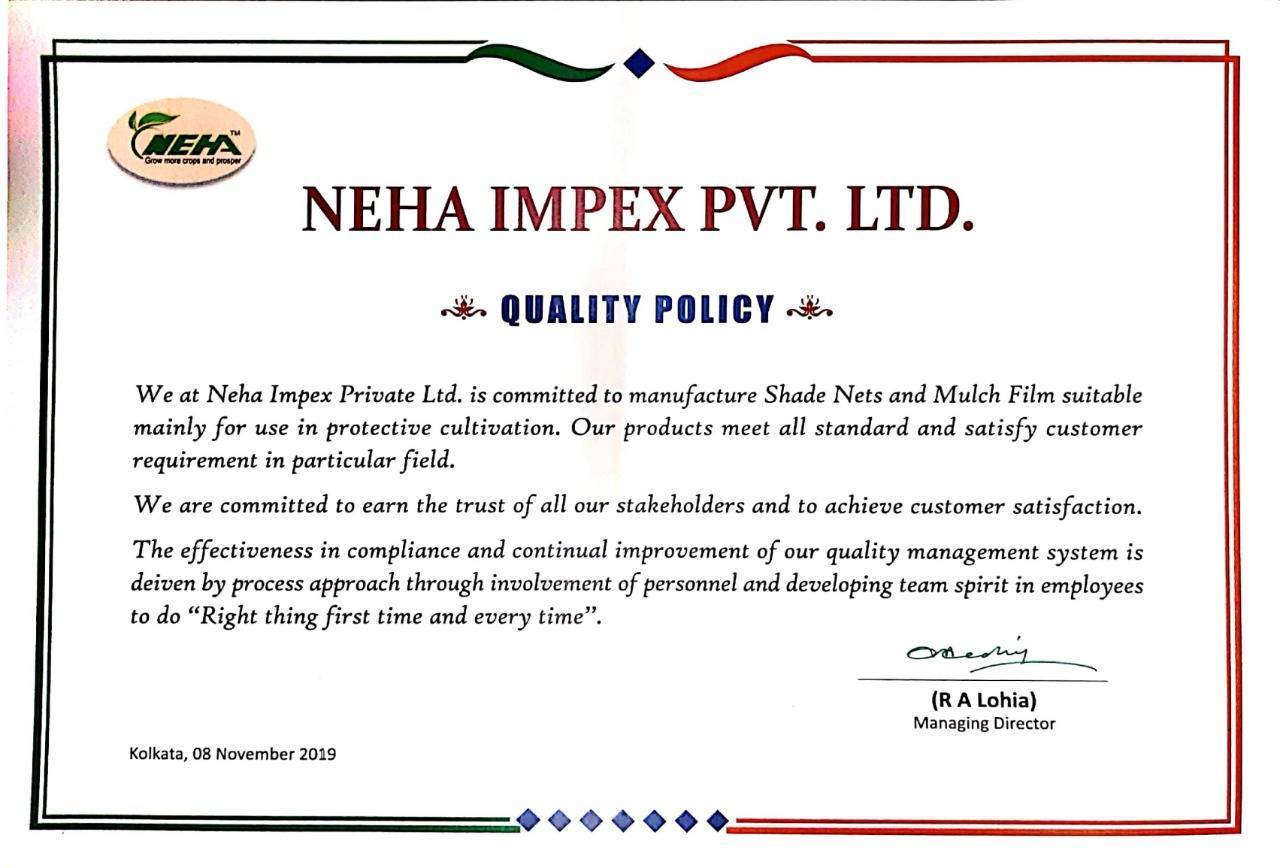
Which Vegetables Grow Best With Agricultural Shade Net?
Agricultural Shade Nets play a crucial role in climate-resilient farming; by mitigating the effects of extreme weather and harsh UV rays. It creates a controlled environment to protect your crops from excessive heat, intense sunlight, and unexpected frost. Shade Net helps to enhance overall plant health and cultivation.
If you are searching for a solution to create an optimal environment for your farm, and which vegetables grow best under an agricultural shade net, this blog will help your garden make more green.
Understanding the Difference in Agricultural Shade Net
Agricultural shade nets are versatile tools made from UV-stabilized polyethylene. You’ll find them in various densities, indicated by the percentage of shade they provide, ranging from 30% to 90%. Each density level serves different purposes, catering to the specific needs of various plants.
It does more than just blocking away sunray; the Shade net regulates temperature, reduces evaporation, and protects vegetables from pests and wind. By creating a microclimate, these nets improve water retention and reduce plant stress, leading to healthier, more productive crops.
Types of Agricultural Shade Net
You will find shade nets of various colors— Green shade net, White shade net, black shade net, blue shade net, yellow shade net, and many more combinations of these. Here’s a rundown of the main types of agricultural shade nets, each designed to cater to different farming needs and environmental conditions:
1. Monofilament Shade Net
These shade nets are made of single-threaded fiber and offer great stability of life to crops from harmful UV radiation and intense sunlight.
2. Knitted Shade Net
Knitted shade nets are durable and resistant to tearing because of their interlocking threading, making them suitable for long-term use. They provide uniform shading and are commonly used in greenhouses, nurseries, and open fields.
3. Woven Shade Net
These agricultural nets are sturdy and provide high tensile strength. They are ideal for cultivation areas prone to strong winds and heavy rains.
Selecting the Right Shade Percentage
There is no one shade net for every kind of farming. Hence, you need to choose the right shade depending on its density percentage. Too much shade can hinder photosynthesis, while too little won't protect from the sun. Here's a quick guide:
- 30% Shade Net: Ideal for plants requiring full sun but needing slight protection.
- 50% Shade Net: Suitable for a balance of sunlight and shade, perfect for many vegetables.
- 70% Shade Net: Best for shade-loving plants and young seedlings.
- 90% Shade Net: Used for delicate plants or those in extreme climates.
Vegetables That Grow Better Under Shade Net Protection
Some vegetables flourish under shade nets more than others. Here are a few that you can grow in your backyard or wide garden:
1. Lettuce
Lettuce loves cooler temperatures and partial shade. A 30% to 50% shade net works wonders, keeping leaves tender and preventing bolting.
2. Spinach
Spinach prefers cooler, shady environments. A 50% shade net ensures robust growth and vibrant green leaves.
3. Tomatoes
Tomatoes thrive with filtered light, especially in hot climates. A 30% shade net shields them from scorching sun, reducing sunscald and improving fruit quality.
4. Peppers
Peppers need a mix of sunlight and shade. A 30% to 50% shade net enhances fruit size and prevents heat stress.
5. Cucumbers
Cucumbers benefit from 30% to 50% shade, promoting longer, healthier vines and reducing bitterness in the fruit.
6. Carrot
Carrots require a partial shade net that can retain moisture in the soil. It generally harvests within 2 to 3 months.
7. Broccoli
Broccoli enjoys cooler conditions. A 50% shade net maintains the ideal temperature, leading to dense, flavorful heads.
Shade Net for Perfect Growing Environment
To maximize the benefits of shade nets, ensure proper installation and maintenance. Secure nets to allow adequate air circulation and monitor soil moisture levels. Combining shade nets with drip irrigation systems can further enhance water efficiency and plant health.
Embrace Your Gardening with Agricultural Shade Nets
Agricultural shade nets offer a practical solution for gardeners and farmers looking for solutions to deal with climate change for farming. All you need is to select the right shade percentage best suited for your vegetables, and you can transform your garden into a thriving oasis. Ready to boost your vegetable yield and quality? Invest in agricultural shade nets today and watch your garden flourish!
Discover the perfect shade nets for your garden at Neha Mulch Film. Browse our selection and take the first step toward healthier cultivation.

